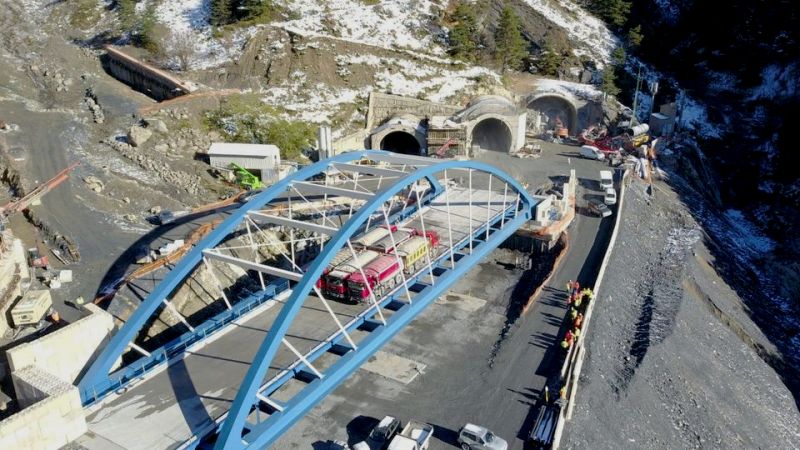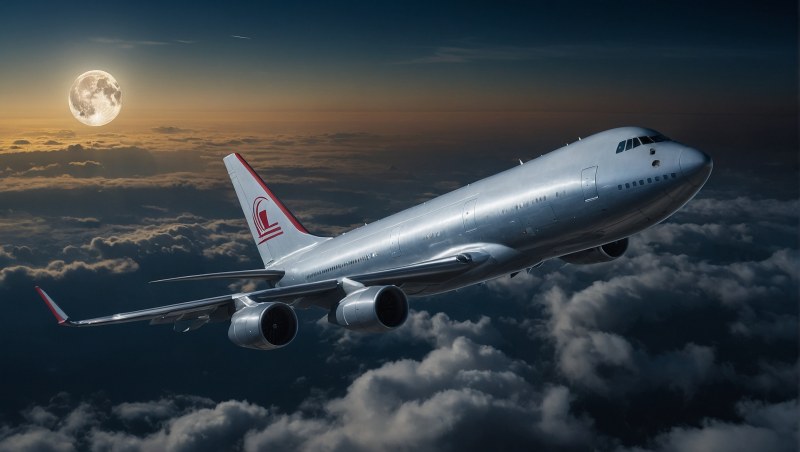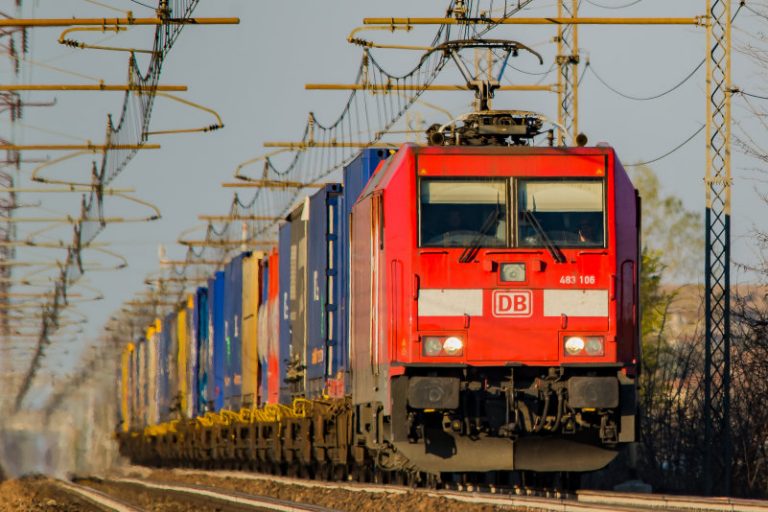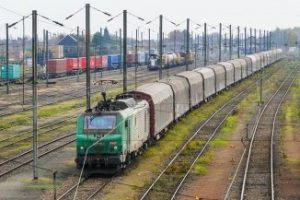The increase in access fees to the German railway network is now before the administrative court. Eleven German railway companies are contesting the decision by the Bundesnetzagentur, the central German infrastructure authority, which has mandated a substantial increase in track costs set to take effect in mid-December 2024, with a rise of 16.2%. This marks the largest single increase, surpassing even the tariff adjustments implemented over the past five years. Notably, among the companies challenging this decision is the federal railway group DB, as it is involved in long-distance passenger transport.
The initiative is promoted and supported by the association Die Güterbahnen, which represents around a hundred freight transport companies and aims for a European railway network. The association criticizes not only the latest pricing decision but also the overall regulatory framework and the strategy adopted by the German rail network operator, which should simply recover costs.
According to Die Güterbahnen, DB aims to maximize profits from the railway infrastructure monopoly. However, the root of the issue lies in the tariff system distortion tied to regulations set in 2016, which effectively penalizes freight transport. The reason is simple: regional passenger transport enjoys discounted and capped rates, so all cost increases are passed on to other types of traffic, not only freight but also long-distance passenger traffic (hence DB's involvement in the administrative lawsuit). Operators argue that the railway's competitiveness is severely tested, as companies cannot pass on further cost increases to the end customer without making many transports uneconomical.
Despite the railway sector facing such a critical overall situation, there is also good news. The European Commission has approved the support program introduced by the German government to incentivize freight transport operators managing full wagonload traffic. The program includes a total contribution of €1.7 billion within a five-year plan until 2029. The subsidies are provided directly.
The measure aims to cover part of the operating costs of single-wagon traffic but is also extended to block trains, provided they do not exceed fifteen wagons and travel a maximum distance of 300 kilometers. The Commission agrees that this type of transport struggles to achieve economic sustainability. Single wagons are penalized by high shunting costs, but block trains with few elements also cannot rely on sufficient economies of scale.
By Piermario Curti Sacchi



































































